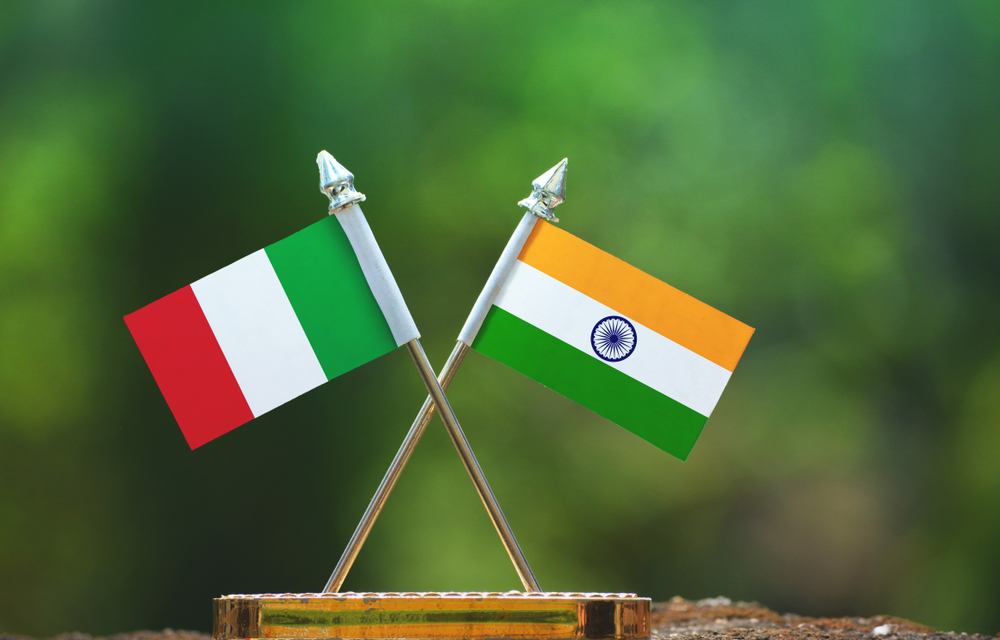India and Italy have recently intensified their collaboration to tackle the growing concerns over the concentration of critical mineral supplies. Recognizing the risks associated with dependence on a limited number of countries for essential minerals, both nations are exploring avenues to diversify their supply chains and enhance mutual cooperation.
The Imperative for Diversification
During discussions held in Brescia, Italy, Indian Commerce and Industry Minister Piyush Goyal emphasized the dangers of relying heavily on a few countries for critical minerals. He highlighted that such dependence could jeopardize economic stability and impede long-term growth. Italian Deputy Prime Minister and Foreign Minister Antonio Tajani echoed these sentiments, suggesting that private sectors from both countries consider forming joint ventures to mitigate these risks.
Critical minerals, including lithium, cobalt, nickel, and rare earth elements, are vital for the production of semiconductors, aerospace components, and electric vehicle (EV) batteries. Currently, China dominates the supply of these minerals, particularly rare earth magnets, accounting for approximately 90% of global production. This concentration poses significant challenges for countries like India and Italy, which are striving to develop their high-tech industries.
Strategic Initiatives and Agreements
In November 2024, India and Italy signed the Joint Strategic Action Plan for 2025–2029, aiming to enhance cooperation in areas such as Industry 4.0, advanced manufacturing, clean energy, and the extraction and refining of critical minerals. This plan involves collaboration between academia, industries, SMEs, and startups from both countries.
Furthermore, both nations are members of the Minerals Security Partnership (MSP), a transnational association comprising 14 countries and the European Union. The MSP seeks to ensure a stable supply of raw materials by promoting high environmental, social, and corporate governance standards in the production, processing, and recycling of critical minerals.
Domestic Efforts and Research Initiatives
India is actively promoting domestic research and development to reduce reliance on specific critical minerals. The government is encouraging startups to innovate and find alternative solutions, aiming to build a more resilient and self-reliant supply chain. These efforts are crucial for India’s ambitions in clean energy and technology sectors.

